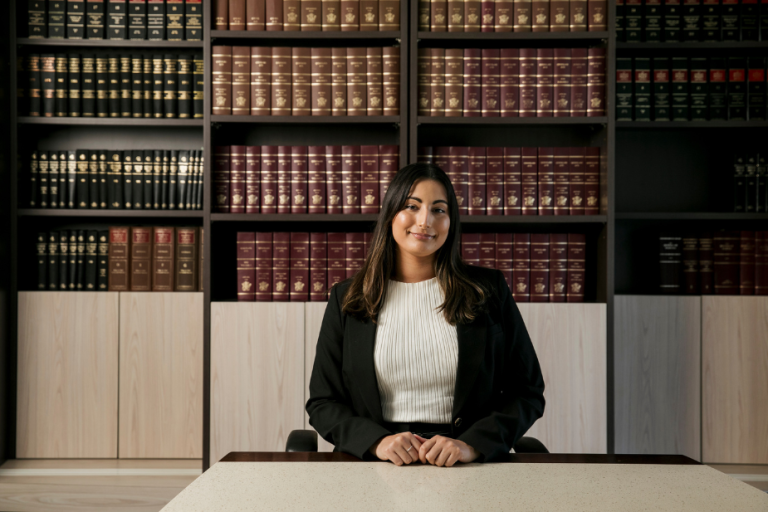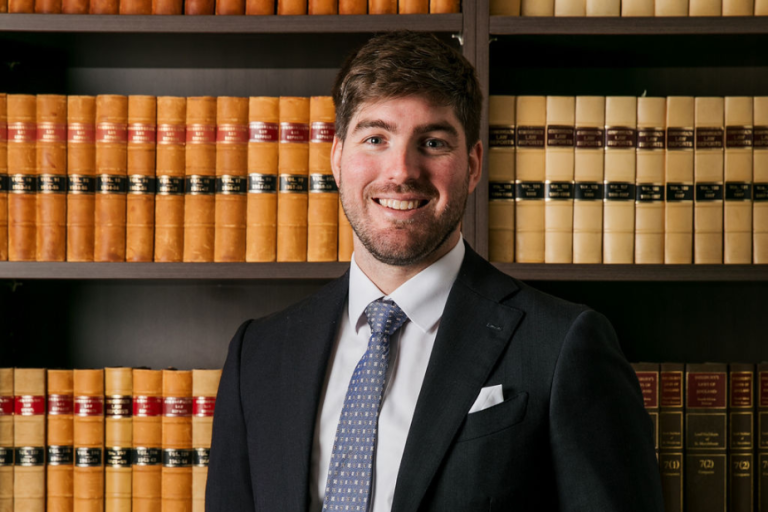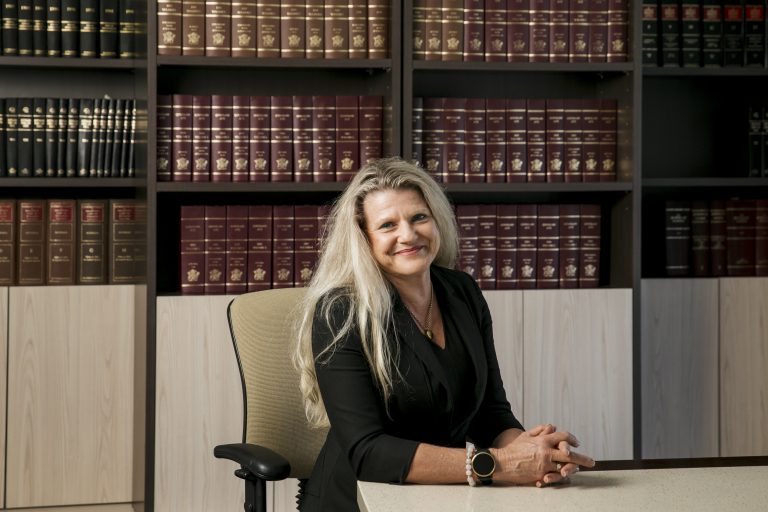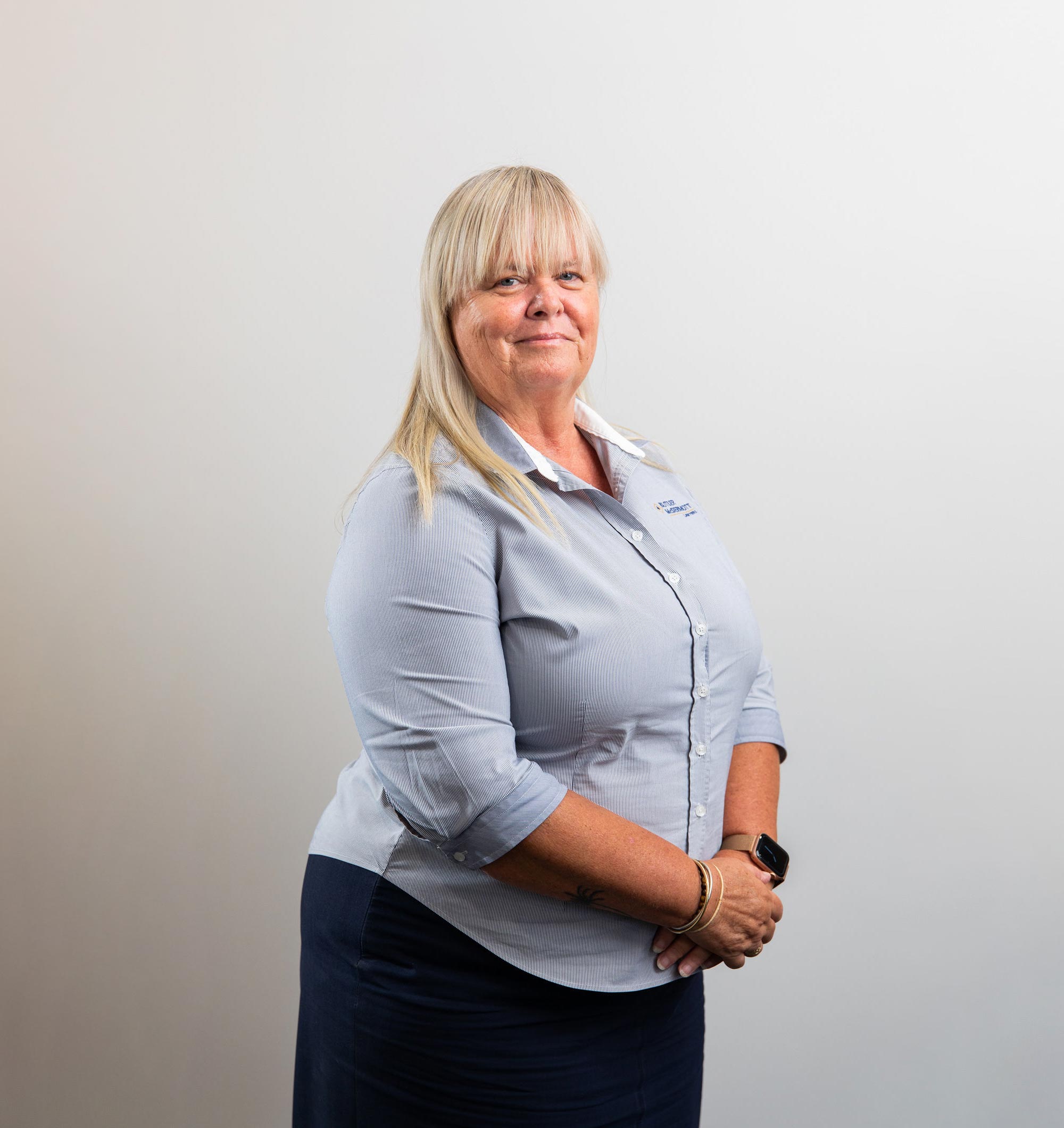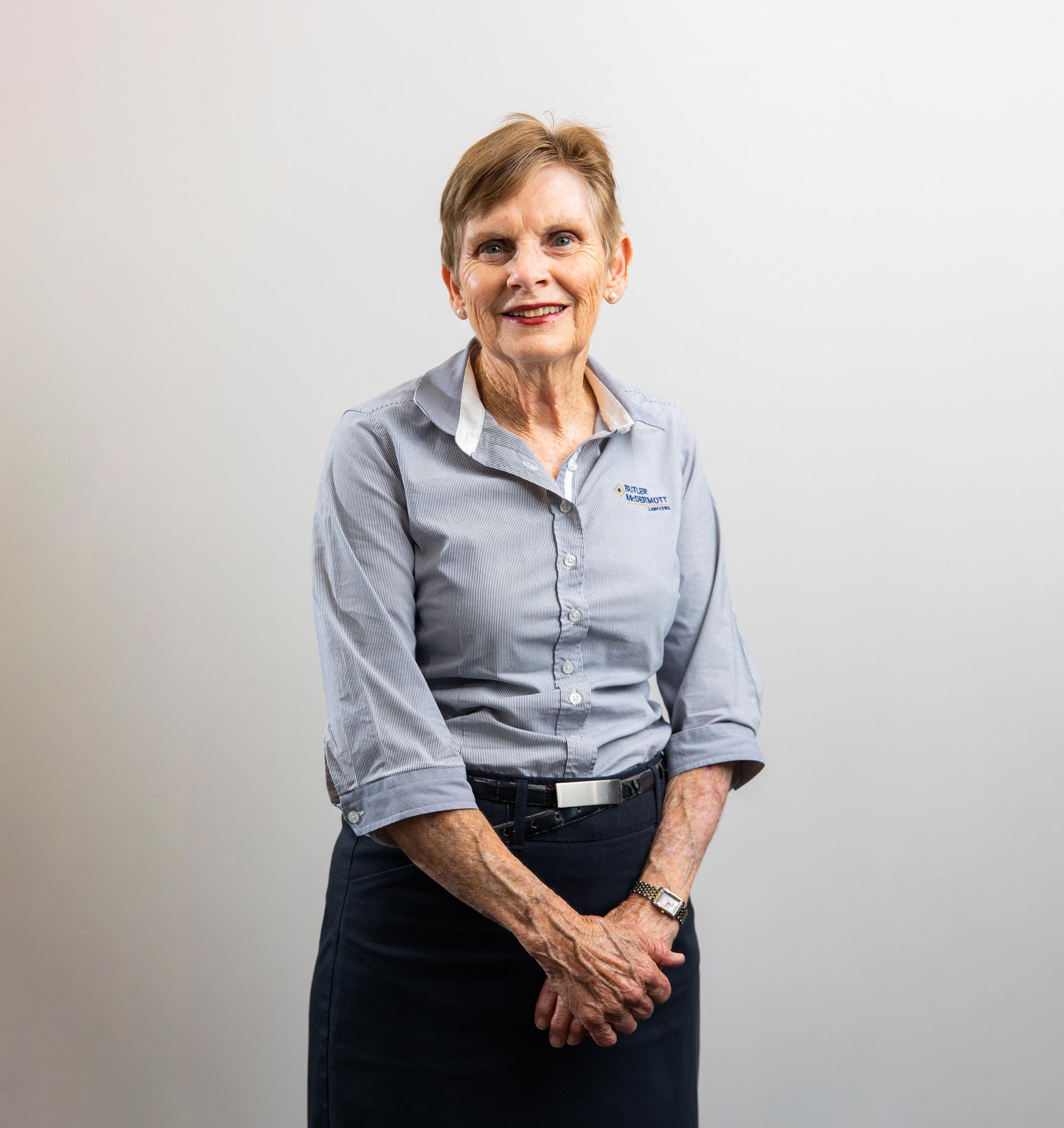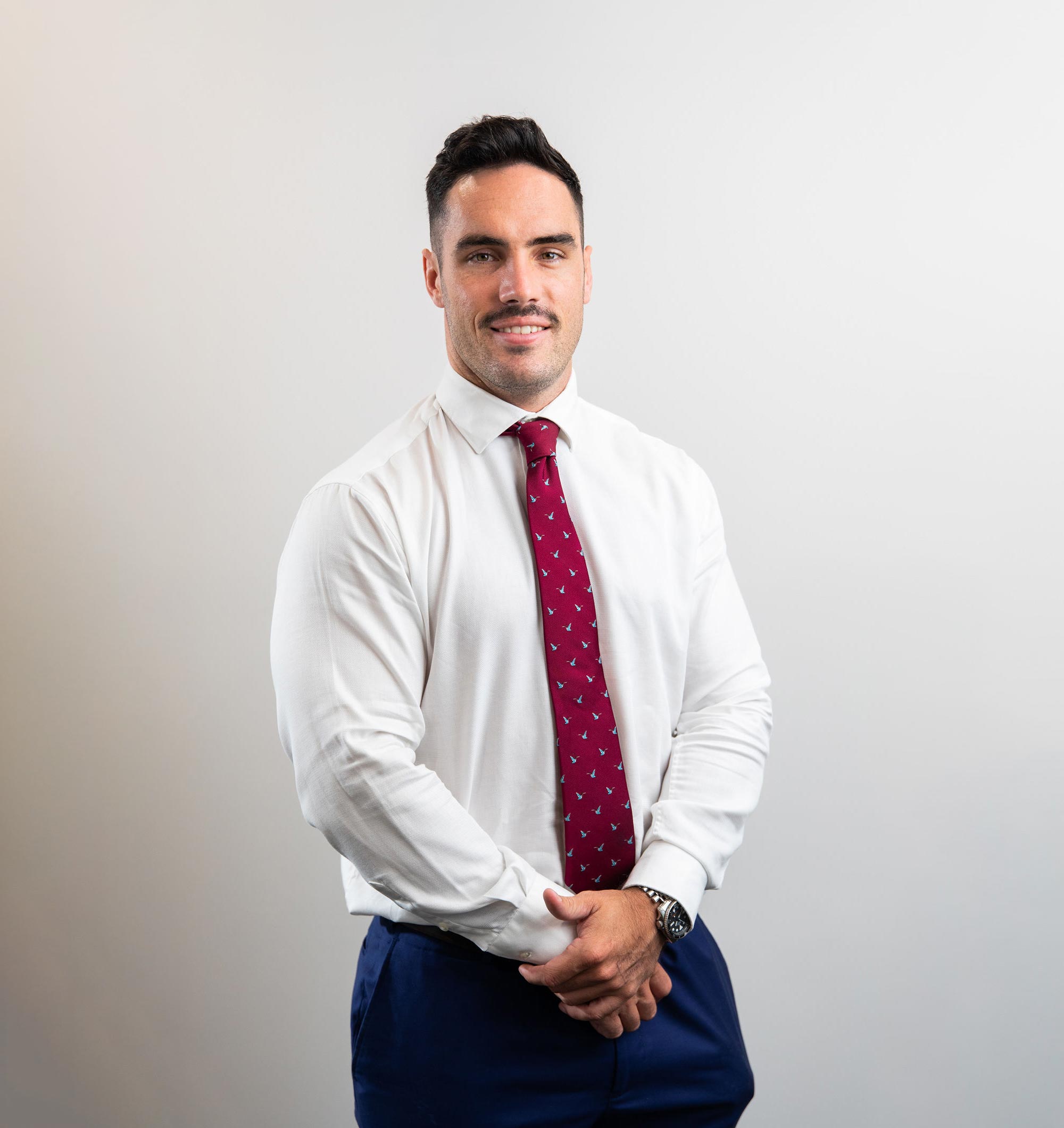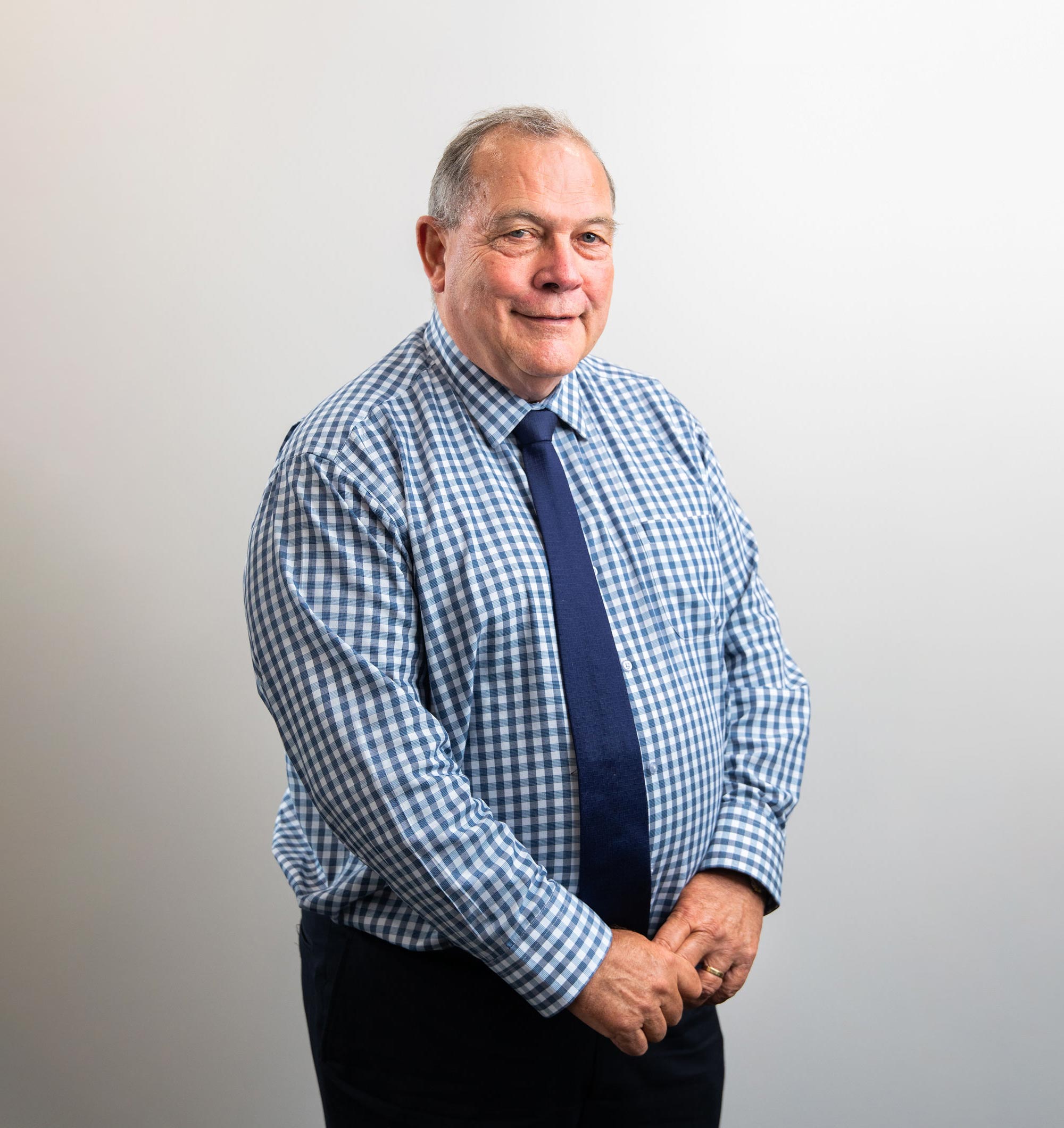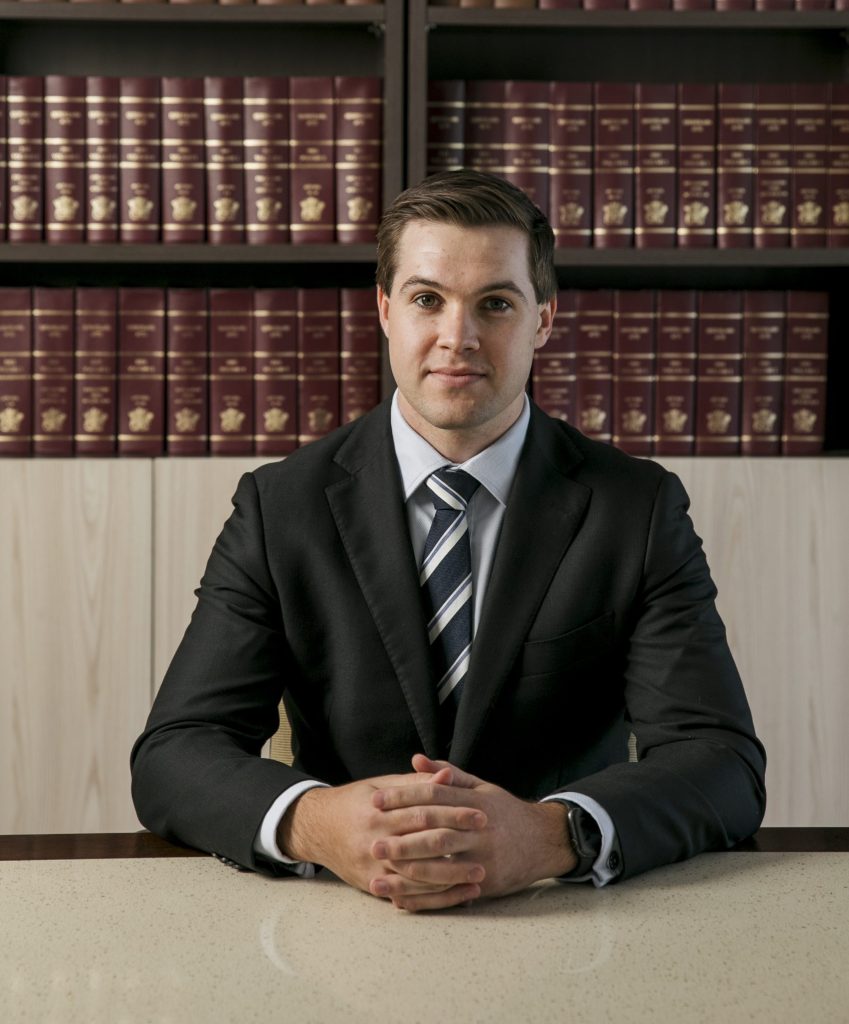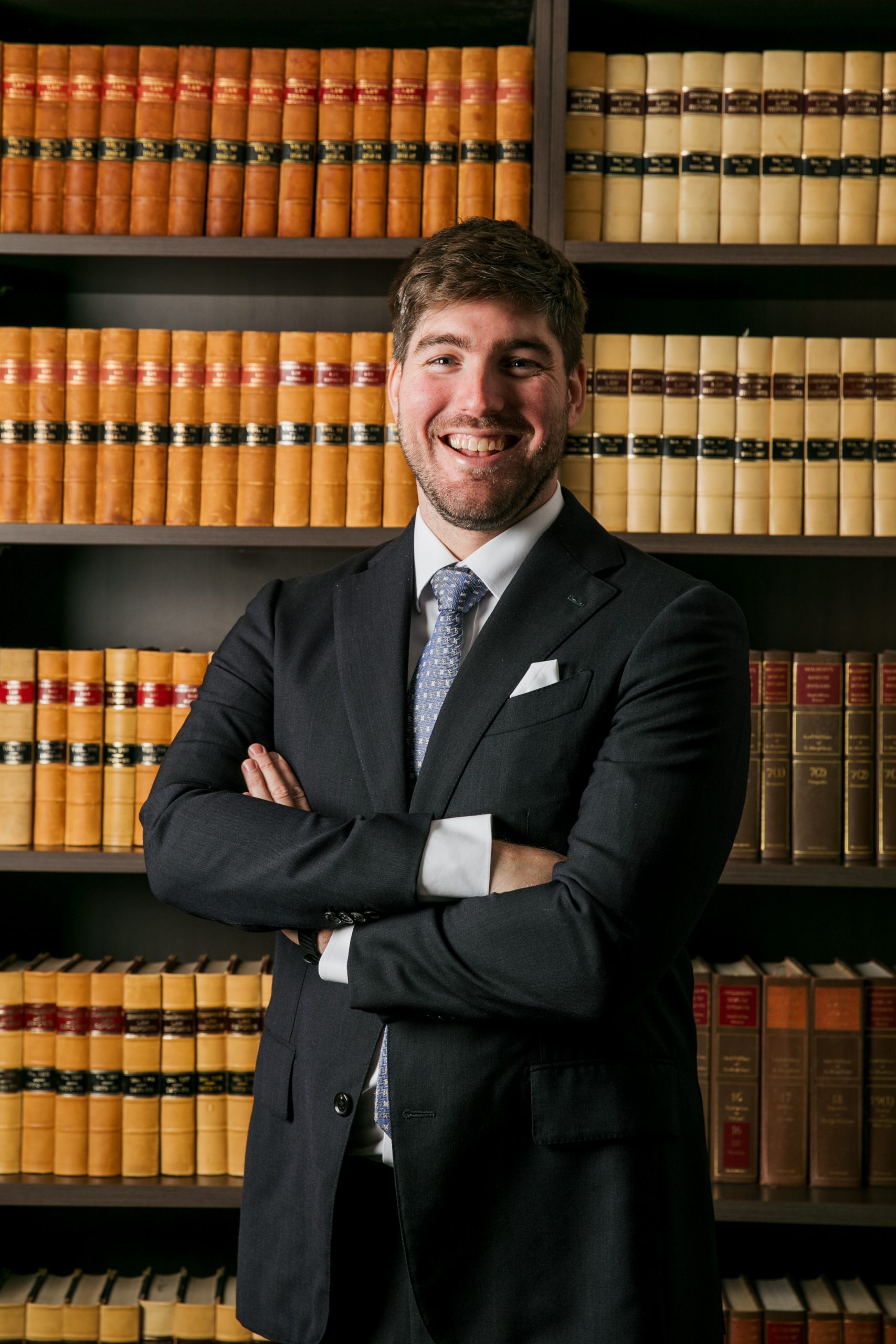When the will of a loved one is read, it’s not always met with understanding and acceptance. In some cases, the distribution of the estate may appear unfair, inadequate, or not reflective of the deceased’s wishes or promises made during their lifetime. This is where the process of contesting a will comes into play, offering a legal pathway for eligible persons to seek a fair provision from the deceased’s estate.
Who Can Contest a Will?
Not everyone has the legal standing to contest a will. The law specifies who is eligible to make such a claim, ensuring that only those with a reasonable expectation of provision from the estate can apply. Eligible persons include:
- Spouse: This term encompasses a de facto partner and civil partner, recognising the broad definition of partnership today.
- Child: All children, including stepchildren and adopted children, are eligible, recognising the various forms of familial relationships.
- Dependent: Anyone who was maintained by the deceased during their lifetime or was reliant on the deceased at the time of death qualifies as well.
Common Scenarios for Contesting a Will
Several circumstances may lead an eligible person to contest a will, including:
- Being entirely omitted from the will.
- Receiving less than expected or promised.
- Discrepancies between verbal promises made by the deceased and the actual provisions of the will.
These scenarios often prompt the need for sound legal advice and action to seek an adjustment of the estate’s distribution.
The Process of Contesting a Will
Contesting a will involves a structured legal process with specific timeframes. Initially, it’s crucial to gather evidence supporting the claim. This evidence can include details of the eligible person’s financial situation, medical needs, relationship with the deceased, and family history. Following the collection of this evidence, the eligible person must notify the estate’s Legal Personal Representative within six months of the deceased’s death of their intention to make a claim. An application must then be filed and served within nine months of the deceased’s death.
Mediation is the next step, providing an opportunity to resolve the dispute without proceeding to trial. If mediation does not result in a settlement, the case will move to trial, where a court will make a final determination.
Costs Involved in Contesting a Will
The costs of contesting a will can vary widely depending on the complexity of the case, the estate’s size, and the conduct of the involved parties. Many legal practitioners offer to withhold their fees until the matter is settled, either at mediation or trial. This arrangement can alleviate the immediate financial burden on the eligible person.
Timeframes to Be Aware Of
Specific timeframes must be adhered to when contesting a will. For instance, in Queensland, under Part 4 of the Succession Act 1981 (Qld), an eligible person must notify the estate of their intention to make a claim within six months from date of death and must file their application within nine months of the deceased’s death. These timeframes can vary across different states, each governed by its own legislation.
The Difference Between Contesting and Challenging a Will
It’s important to differentiate between contesting and challenging a will. Contesting typically involves disputes over the estate’s distribution — the “how” and “to whom.” In contrast, challenging a will questions its validity, focusing on whether the deceased had the necessary capacity or was unduly influenced during its execution.
Conclusion
The decision to contest a will is not one taken lightly. It often involves complex legal procedures and emotionally charged disputes. However, for those who genuinely believe they have been unfairly left out or inadequately provided for, the process offers a means to seek justice and ensure the deceased’s true intentions are honoured. Butler McDermott Lawyers are experts in estate law, and have successfully helped many others navigate the intricacies of contesting a will successfully.
Need help with contesting or challenging a will? Contact Butler McDermott Lawyers on (07) 5441 1044 today for a free initial consultation.

